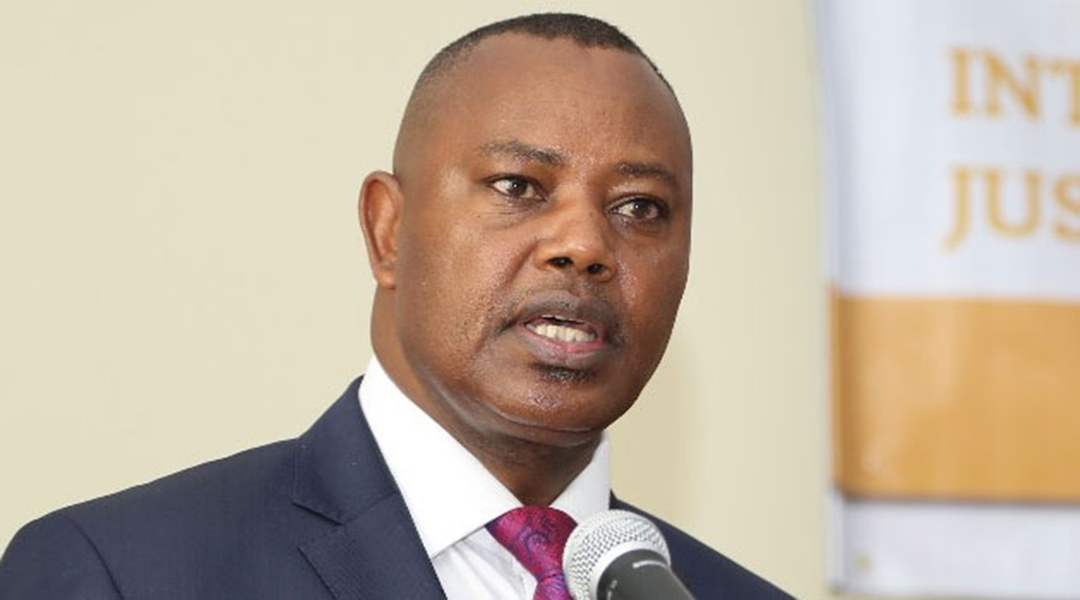It pleases me to be part of this gathering, this very important training on effective use of financial evidence in human trafficking and migrant smuggling investigations.
I extend my sincere regards to the AML-THB for their dedication in facilitating this training and following through its successful completion.
This training comes at a time when our country is faced with frequent cases of human trafficking and illegal migration.
I wish to categorically state that we will not relent in the war against migrant smuggling and human trafficking. To counter it, strategic incorporation of the practice and techniques as well as the collaboration of law enforcement and intelligence agencies are key.
In our endeavor to be zero tolerant to human trafficking, we have invested so much in manpower, technology and training. This effort is evident in our development of the Anti-Human Trafficking and Child Protection Unit and establishing similar units in other regions within the country.
The war against human trafficking and migrant smuggling is not a one-man show. The DCI has established a longstanding partnership and cooperation with various government departments and international agencies, to bring to action activities geared towards addressing human trafficking and migration in Kenya, and across the region.
We recognise the efforts of the global community, who have seen our commitment to manage migration and have come through with aid to anchor us. Migrant smuggling is a crime for profit. Investing in financial investigations is no longer an option but a necessity. This is not only essential in tracing the source of funding for smugglers, but also in suppressing the smuggling and punishing the culprits.
Tracing the evidence that reveals cash flows and money trails, such as bank accounts and wire transfers, will likely lead to the leaders of the organised criminal groups. Besides that, successful financial investigations will lead to the identification of proceeds of crime and possibly link them to the top organisers. Now more than ever, a multi-agency approach is needed both regionally and nationally to combat migrant smuggling and human trafficking.
Strengthening security agencies through support from other stakeholders such as civil society, private sector and worker’s organisations, including the judicial systems in the involvement of financial evidence in prosecution, will form a basis for an even stronger purge.
The DCI has on numerous occasions invited key stakeholders in applying relevant legal and human rights standards through the multi-agency approach that has yielded fruits and led to successful prosecutions. I urge all of us to adopt the multi-agency cooperation and work closely with other relevant stakeholders to adopt a line of communication to come up with the best way to present financial evidence in court – embrace pre-conferences prior to going to court and post-conferences to assess the outcome of a case.
Equally, it is crucial to put emphasis on the financial investigation when conducting human trafficking investigations.
I wish to assure Kenyans that the Directorate of Criminal Investigations remains firm and objective on its duties and roles. We will continue to carry out our mandate with due diligence as is expected of us.
(This is an abridged version of his speech, delivered during the closing ceremony of the National Training on Effective use of Financial Evidence in Human Trafficking and Migrant Smuggling Investigation held at Mombasa on 24-26 November, 2020)

